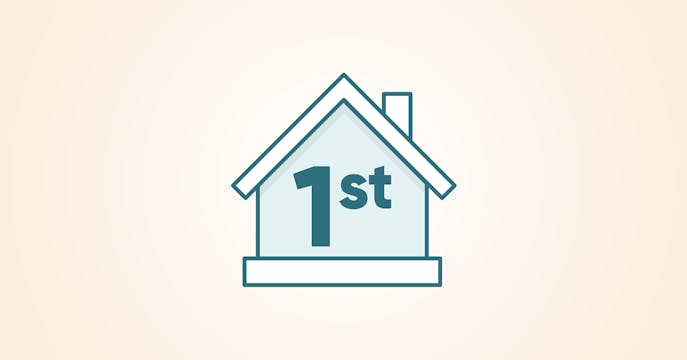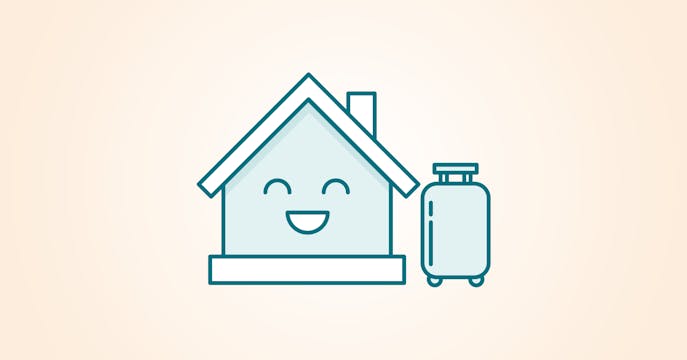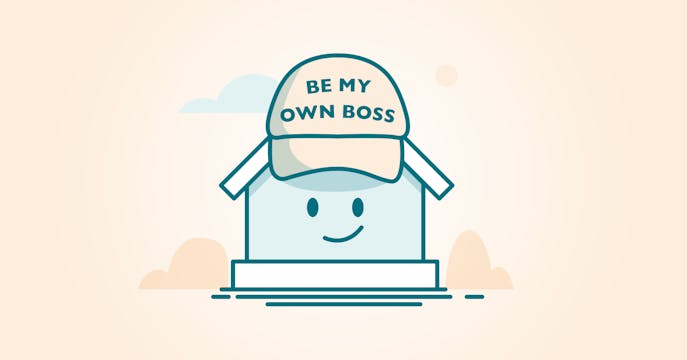Which housing markets are targeted by the ban?
The ban blankets larger centres, with smaller ones left out so as not to discourage market growth and development in less populated regions.
Non-Canadians are prohibited from buying in city centres with a core population of 10K or more, and includes:
- Residential detached or similar buildings with 1 to 3 units
- Parts of buildings like a semi-detached house or a condominium unit
- Land that could house a residential dwelling of the above nature
- It doesn't prevent the purchase of larger buildings with multiple units (so that foreign investment isn't completely discouraged and tries to remain a healthy worldwide economic attraction)
- Recreational properties are discluded
- See more details on the CMHC page
This ban doesn't extend to smaller centres or rural areas with core populations less than 10K. Unaffected are rural cities and towns and more 'recreationally-inclined' markets that may attract buyers wanting a vacation escape (like a cottage) or perhaps to Airbnb their second-home investment (but watch out for those 'vacant home' taxes in certain cities and provinces).
What brought on this ban?
Over the years, high demand snapped up inventory and pushed up prices, especially in our most in-demand markets, such as Vancouver, Toronto and Montréal — a situation made much worse when the pandemic-fuelled buying trend hit. Foreign buyers and investors piled into the mix, frustrating locals trying to find a reasonably-affordable home. Many called for a ban or dissuasive taxes (the latter has arrived in some form for many of these regions).
And now, the Canadian government is making good on an election-platform promise, and a ban has been passed into law.
Who may be celebrating this ban?
It's the potential home buyers in the highly-competitive housing markets like Vancouver or Toronto who are likely pleased with this ban, where even one home going to a foreign owner — who lives elsewhere and doesn't work or go to school in our great nation — can become a prickly domestic (and therefore, political) situation.
Who is banned from foreign buying?
“The desirability of Canadian homes is attracting profiteers, wealthy corporations, and foreign investors. Homes are for people, not investors."
– Liberal campaign website in 2021
Included in this 2-year ban are primarly:
- Non-citizens
- Non-permanent residents
- Foreign commercial enterprises (only for buildings with 3 dwelling units or less)
Who isn't banned from foreign buying?
Excluded from this 2-year ban are primarily:
- Permanent residents
- Refugees as a protected person under the Immigration and Refugee Protection Act
- Persons registered under the Indian Act
- Temporary residents studying and working here (though subject to minimum eligibility requirements, including several years of filing tax returns)
- Accredited members of foreign missions
- Non-Canadian spouses and common-law partners of those allowed to purchase in Canada
The law acknowledges that Non-Canadians can still rent. (Awkward pause.)
What happens if the foreign ban is violated?
If the foreign ban is found to be violated, it's a criminal offence.
There is a $10K fine for a non-Canadian who buys a home within ban guidelines — or anyone who knowingly assists the purchase — and is convicted of breaking this law. And, if a court finds that a non-Canadian has succeeded in purchasing a home, it may order its sale.
Professionals involved in the home buying process, such as realtors, lenders and mortgage brokers, will need to follow normal due diligence, but the onus is on the buyer to comply and is considered responsible if they're found to be in violation of the law.
Will banning foreign buyers help home affordability?
That may depend on where you are and who you ask. Stats abound on how low the percentage of foreign buyers is in most housing markets across Canada. Before the ban, approximately 1 to 5% of home purchases were made by foreign buyers or entities (depending on the area).
And while increased foreign buying may have contributed in small part (and in perception, perhaps a large part) to housing demand fervour and higher home prices in areas like Vancouver and Toronto, experts are saying it isn't as much of a contributor now. Vacant Home taxes (and the like) previously implemented — Toronto's just rose from 20 to 25% — and new ones out are already throwing a wet blanket on foreign sales.
But, the government put in motion a promise and intentions to make good on it, so 'Closed For Business' it is.
Many experts are eager (though some with tongue-in-cheek expectations) to see if the ban helps Canadian home buyers get more homes at more affordable prices sans foreign competition.
What are some unintended consequences we might see from the ban?
- Recreational properties may see higher demand and prices. The 'vacation' market, where the new rules won't apply, may attract more attention as a great place to park foreign money. More competition for homes in these areas could impact the home-buying budgets of locals who work and live there, as well as other eligible Canadians who may want a second or vacation home.
- Increased buying in smaller centres may help bolster economic activity. On the flip side, having more foreign investment may give tourism a welcome boost in smaller cities and towns, bringing in more business for local offerings and essential dollars for town improvements.
- More newcomers to Canada may be prevented from buying a home for a longer time. Even though they're in Canadian post-secondary schools and working in Canadian jobs and intend to stay. Considering the challenges of finding health care or other essential skilled workers, and the immigration influx allocated in the next few years, the buying ineligibility could put even more pressure on rental prices across the country.
- More renters? That can mean more homes in the hands of wealthier property investors. People need somewhere to live. If more are renting, it will encourage more income property purchases, with fewer current and future Canadians owning their own home. Home equity is considered a major contributor to building personal wealth in Canada.
- The 'closed for business' sentiment may discourage companies and investors, both foreign and domestic. These restrictions on buying may signal that other extreme changes are coming, and displays an unfriendly diplomatic attitude as a whole.
- Will other countries follow suit? For example, many Canadians will want to own homes in the United States (and already do), for various reasons including recreational. Less cooperation between countries can undermine the importance of international communities, restrict variety of living, and jeopardize essential tourism dollars that many countries, including Canada, depend upon.




